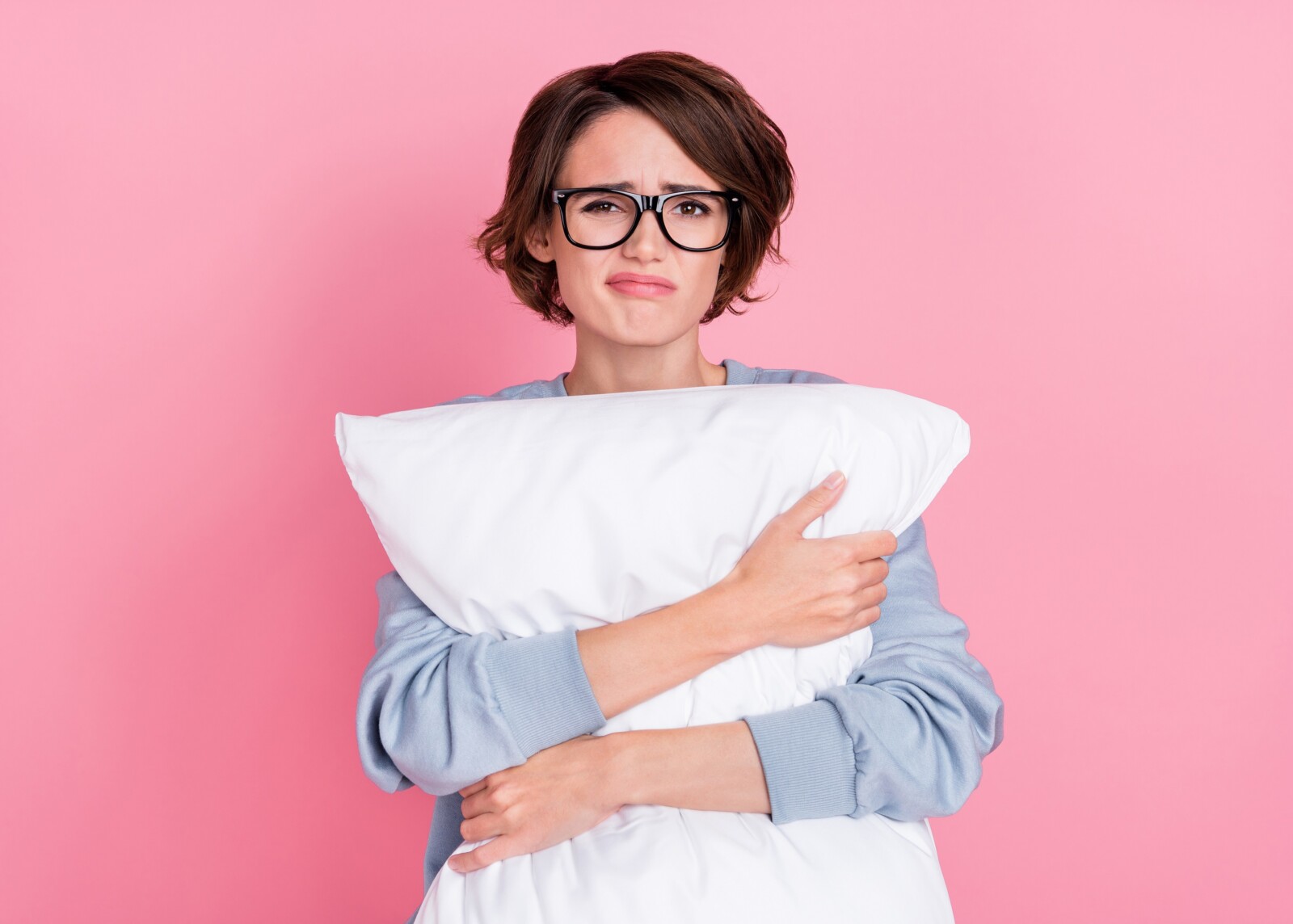Are Melatonin Pens Safe?

More and more people complain about not getting good sleep or any sleep at all and the reason for that might be anxiety, the world falling apart, or anything in-between. So, it’s not surprising that melatonin, a hormone that the brain makes naturally to control the sleep cycle, could be thought of as a relatively popular hormone, when you look at the Wikipedia list of nearly a hundred different human hormones. Uroguanylin, a 16-amino acid peptide, doesn’t even come close to melatonin. You can’t sit with us, uroguanylin.
Thus, it’s no surprise that many companies are coming up with various products containing melatonin, from pills to delicious gummies to now melatonin pens!
Like, what even is a melatonin pen? LittlePinkTop found out that there are also products referred to as melatonin “diffusers” or “vapes.” All these contradictory names are so confusing that LittlePinkTop can’t sleep at night trying to sort it all out… but here are some helpful clues.
What is melatonin?
Melatonin is a hormone that regulates the body’s sleep-wake cycle. When it’s dark outside, your body typically produces more melatonin, which makes you feel sleepy. When it’s light outside, your body produces less melatonin, which makes you feel alert. So does a Starbucks venti Americano, but you probably shouldn’t over-rely on that despite the benefits of coffee.
What are melatonin pens?
A melatonin pen, a.k.a. melatonin diffuser or vape, is basically an electronic vaporizer shaped like a pen, hence the name. So no, you won’t be able to scribble your dreams down with it.
Melatonin pens allow you to inhale melatonin along with other ingredients the manufacturer decides to mix in – sometimes lavender, chamomile or grape extract, vegetable glycerin, etc. These are intended to help raise melatonin levels when they are low due to insomnia or jet lag and, in turn, promote better sleep.
Is a melatonin pen the same as an e-cigarette?
These vaporizer devices look somewhat like e-cigarettes, or electronic nicotine delivery systems (ENDS). Wow, so many different terms for products you probably don’t need! But instead of nicotine, of course, these pens deliver melatonin.
Do melatonin pens contain nicotine?
Manufacturers of melatonin pens claim that they contain fewer chemical additives than typical nicotine vapes and are completely free of nicotine, tobacco, vitamin E acetate, THC, CBD, and other controlled substances.
If you are considering buying melatonin pens, you need to do your homework and operate based on sound judgment, as the FDA doesn’t regulate melatonin pens since melatonin is not a component of an FDA-approved human drug, which means that any of the claims above haven’t been scientifically confirmed by the regulator. Furthermore, the FDA has warned melatonin pen manufacturers that some of their claims have been misleading.
Can I use a melatonin pen for aromatherapy?
Melatonin pens contain essential oils and release what manufacturers have referred to as an aromatic mist, hence why the term “diffuser” is sometimes used in addition to or instead of “pen.” Although, it’s important to recognize that melatonin pens are not exactly the same thing as some ideas of aromatherapy. Why? It’s because you’re inhaling an aerosol substance into your lungs instead of diffusing aromas into your living space in a more widespread, passive way, as you might do with aromatherapy.
Should I be cautious about using a melatonin pen?
Short answer: yes. Especially if you’re able to more naturally fall asleep.
As otolaryngologist and sleep medicine expert Dr. Michael Friedman told the publication Shape: “Vaping anything [often] has inherent negative effects.”
If you go ahead with a melatonin pen, anyway, some websites suggest that it’s important to start with a low dose and gradually increase if needed (but obviously, abide by any specified upper limit). And obviously, do this in a setting where it’s safe for you to fall asleep, as that might happen quickly if it’s effective for you. This should go without saying, but don’t use a melatonin pen before driving or operating heavy machinery. As always, talk with your doctor, who knows your medical history and any other relevant factors.
Melatonin can interact with some medications, so seriously, talk with your doctor!
Even though studies show that melatonin might help children with autism spectrum disorder (ASD) “who tend to have lower levels of melatonin, and children with ADHD, who tend to have trouble falling asleep and staying asleep,” melatonin pens should be used with caution in children and adolescents, as they may be more susceptible to the side effects of melatonin.
Remember, there are also other options for improving your sleep. There are, of course, standard sleep hygiene practices, in addition to some gadgetry, such as the items covered in LittlePinkTop’s article “Gadgets To Help You Sleep and Get the Zzzz’s You Need.” You might also want to read “The Sleeping Hours of Successful People” and learn the simple steps that might help you sleep better.
Some of these solutions could help you with jet lag. They might also help people with a shift work sleep disorder, irregular sleep schedules, or insomnia. Some people also find it helpful to use a melatonin pen if they have trouble sleeping due to anxiety or depression (again, it’s always wise to consult a doctor before self-prescribing anything).
And to sum it up, just remember what Michael Breus, Ph.D., a sleep disorder specialist and the author of “The Power of When,” said: “Melatonin is a sleep regulator, not a sleep initiator.”
You might want to do a root cause analysis and try to change problematic behaviors that might be contributing to sleep problems. If this article has taught us anything, it should be that doctors are valued members of society and often know better than TikTok influencers! Hopefully, with the right lifestyle and societal adjustments, we can write melatonin pens out of existence.
